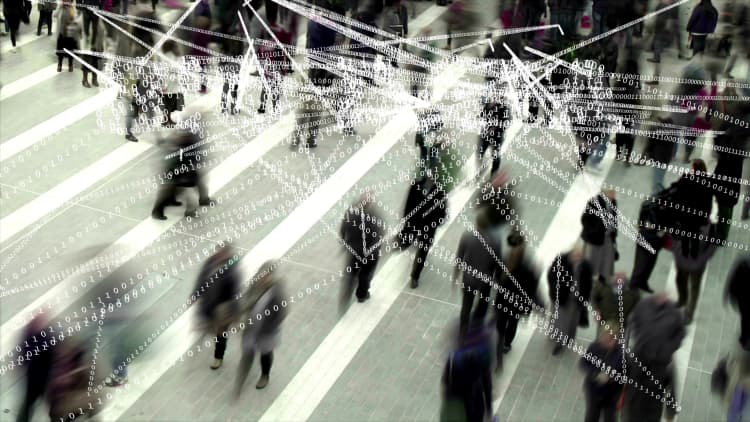Scammers are pretending to be contact tracers working for public health departments to steal private information, the Federal Trade Commission warned on Tuesday.
The emergence of contact tracing scams raises questions about whether the public will trust contact tracers when they call or text unexpectedly as the practice becomes a key part of the U.S. strategy to stop the transmission of Covid-19.
"Engagement of the public with contact tracers must be widely accepted in order to protect friends, family, and community members from future potential infections," according to the CDC's contact tracing guidance.
Contact tracing is when public health departments phone people who have tested positive for an infectious disease and find out where they have been, so that they can warn others who have been in close contact with them to get tested or isolate. 11,000 contact tracers across the U.S. are calling people at high risk for Covid-19, NPR estimated in April, and states have announced plans to hire tens of thousands more.
"There's no question, contact tracing plays a vital role in helping to stop the spread of COVID-19," writes the FTC's Colleen Tressler. "But scammers, pretending to be contact tracers and taking advantage of how the process works, are also sending text messages."
While public health officials may send an informational text message ahead of a phone call, they won't include a link, the FTC said. The FTC warns that that links included in scam text messages can download malware onto your phone, potentially allowing the scammers to steal personal information. It also says that actual public health employees won't ask for information like Social Security or bank account numbers.
The FTC recommends filtering unwanted text messages, turning on two-factor authentication and updating phone software to the latest version. But for the most part, people need to be careful about ignoring and deleting scam messages.
The emergence of contact tracing scams could also complicate the anonymous digital contact tracing technology backed by Apple and Google, which the companies call "exposure notification."
Apps made with the Apple-Google system are not yet deployed widely in the United States or Europe. But when the the system is officially launched later this month, the apps will send notifications to people with messages such as "Someone you were near has tested positive for Covid-19. Tap for more info." The Apple-Google Bluetooth system requires a large percentage of people to opt-in, and the companies have said that trust is essential for the system to work.



